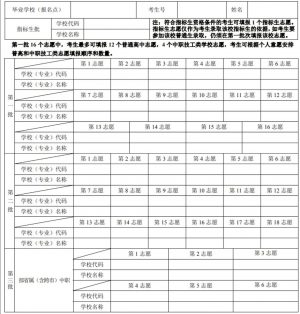forget to do sth 和 forget doing sth.
一、意义不同 forget to do sth:忘记要去做某事(未做) forget doing sth:忘记做过某事(已做) 二、举例: He forgot to buy a pen. (他忘记去买一支笔了。) He forgot turning the light off.(他忘记他已经关灯了
cheer sb up 使...高兴起来,振作起来
cheerful:adj 高兴的,快乐的 cheerfully:adv 愉快地,高兴地 cheer:v. 欢呼,喝彩,鼓舞,鼓励 cheer…up:(使)高兴起来,(使)振作起来。 例句: All of us were cheerful after hearing the news. He cheerfully
if 引导的条件状语从句
if引导的条件句有两种:真实条件句和非真实条件句。真实条件句是叙述真实可能发生的事情,非真实条件句:虚拟语气的一种,表示与实际已发生事实相反。 一、if 引导的条件句的时态 1.如果从句表
总结:英语中的合成词
一、前言 本文学习内容主要为:基础词,涉及到的单词数量为180个。具体介绍如下: 涉及到的基础词: sun-太阳(19个) moon-月亮(10个) time-时间(38个) day-天;日(17个) night-夜晚(12个) morning-早晨(2个) noon-中
snowy rainy windy cloudy sunny
1、形容词:cloudy 阴天的, rainy 下雨的 ,sunny晴朗的 ,indy 有风的 ,snowy 下雪的。 2、动词:rain 下雨, snow 下雪 ,shine 照耀 ,blow 刮风, thunder 打雷 。 3、名词:rain 雨 ,snow 雪 ,sun/sunshine 阳光,
everything anything everyone anyone
一、基本含义 some, any, every, no能和one, body, thing, time逐一配对构成代词,这些代词叫做复合不定代词。这些代词具有名词性质,在句中可用作主语、宾语或表语。 someone:有人/某人 anyone:任何人 ever
情态动词 can could may need should
情态动词有can (could), may (might), must, have to, shall (should, will (would), dare (dared), need (needed), ought to等。 情态动词无人称和数的变化;不能单独使用,必须与其后的动词原形构成谓语。 一、 can, could 1) 表
like 的不同词性和用法
一、用作动词: 1. like+名词/代词, 意为”喜欢某人或某物”.例如: Tom likes fish very much.汤姆非常喜欢鱼. Mr Wang is a good teacher.We all like him. 王老师是个好老师,我们都喜欢他. 2. like to do sth. 意为&#
be covered with 和 be covered by
这两个短语的共同意思是“被…所遮盖”。 当介词宾语为非人为的自然物时,两者可互换。 例如: The mountain is covered with〔by〕 snow all the year round.山上终年积雪。 其区别是: 1、强调点不同。 强调状态
end 名词 动词
两种词性 end:名词,结束、结尾、尽头 end:动词,结束、终止 举例: At the end of the street, you will find the hospital. The meeting will end at six o’clock this afternoon.









